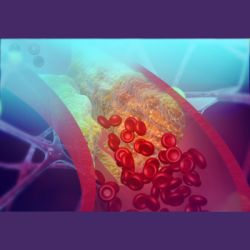£1,000 funding offered for award designed to promote worldwide innovation in radiation safety.
- tests such as X-rays and CT scans – a low level of ionising radiation is used to produce images of the inside of the body
- nuclear medicine – for example, a mild radioactive substance can be injected into the bloodstream so it shows up better on an imaging scan
- radiotherapy – a common cancer treatment that uses ionising radiation to kill cancerous cells
The British Institute of Radiology is an international membership organisation for everyone working in imaging, radiation oncology and the underlying sciences.
Our aims are to:
• support the work of our members and their colleagues to achieve professional excellence
• provide continuing professional development for our multidisciplinary community
• publish cutting edge research for our authors and readers across the world
• influence and connect with the wider professional sector.
























